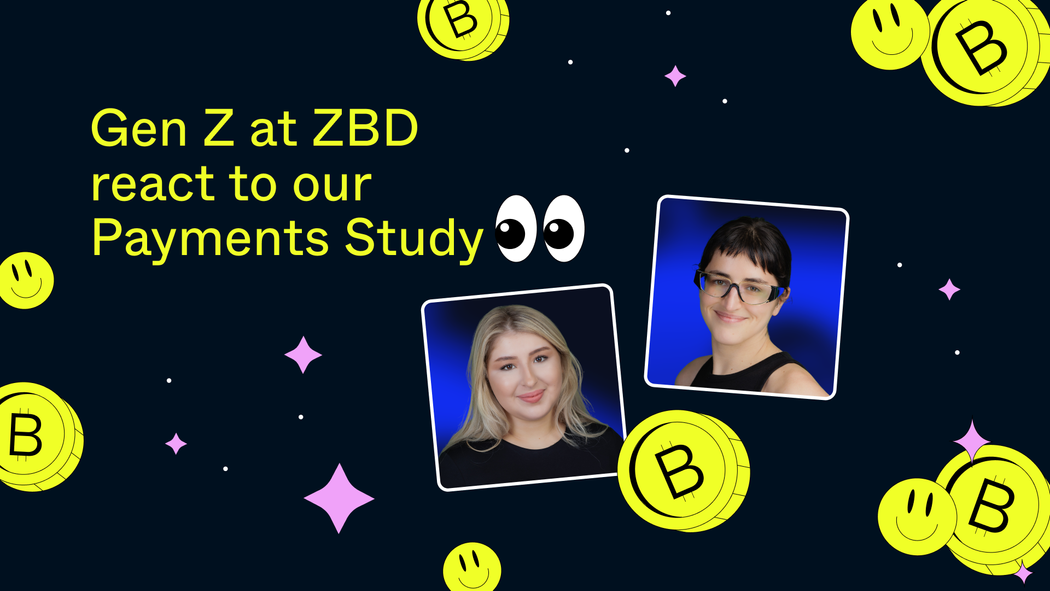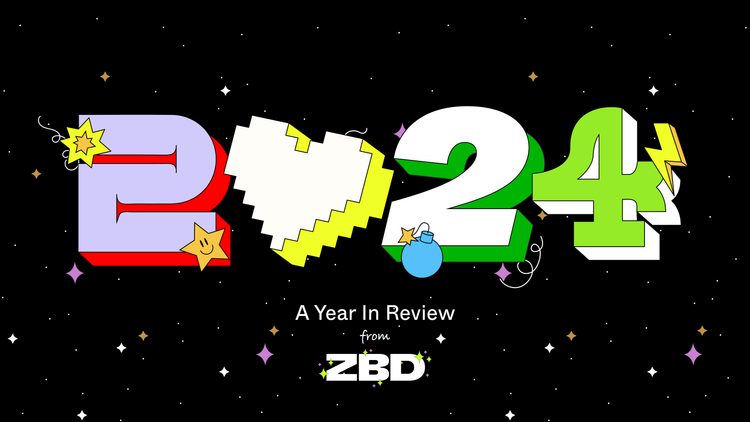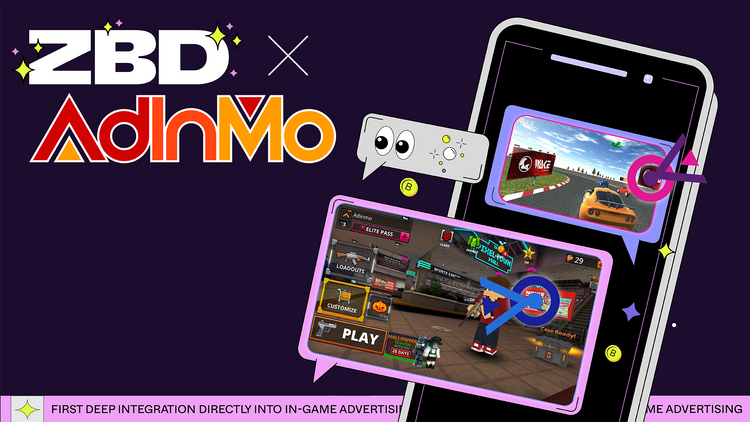In our last blog, we asked two Gen Z team members to share their thoughts about our survey of 2,000 Gen Z Gamers.
In October, we released our second Gen Z study, focusing on Gen Z’s financial habits, wants and expectations. What did we discover? Gen Z are the reward(ed) generation: 91% are interested in the idea of earning money by using apps and playing games!
To discuss these findings, we’ve brought back two of our wonderful Gen Z team members, Nur, who works on Partnerships, and Victoria, our Brand Designer. Read on to find out their thoughts!
To start off, which stat surprised you the most from the study?
Victoria starts us off this time: “The most surprising stat is that 68% of Gen Z trust traditional banks. I would prefer keeping my money digital as cryptocurrency, or physically under my bed. This could be related to my experience with banks in Argentina, but I also find crypto to be faster, trackable, and cheaper to transfer”.
Nur: “One of the most striking stats here is that 82% of Gen Z value ownership of physical items. With seemingly everything being online, you’d expect a digital-first generation to feel less attached to physical objects. But maybe it’s precisely this overwhelming digital shift that fuels their need for something they can hold on to. This might also reflect a ‘back to basics’ approach in an increasingly virtualized world, making physical possessions feel more like a luxury”.
70% of Gen Z expect to earn rewards while using apps/games - why do you think this is?
Victoria: “People often expect rewards or compensation for the time they invest in something, like a video game. Some games that don’t provide real money instead reward players with in-game currencies, like gems or diamonds. Though most gamers love gaming just for the experience, getting rewarded makes it more engaging and gives it a juicy factor”.
Nur: “Gen Z’s experience with apps and games is a rewards-driven world—loyalty points, in-app currencies, badges, cashbacks, you name it. Take something like Starbucks Rewards; you don’t just buy coffee, you earn stars toward freebies, making your money feel like it goes further. So when Gen Z uses an app, especially one they engage with regularly, it’s almost second nature to think ‘what’s in it for me?’. This mentality has evolved with the explosion of digital content where value is both created and consumed online. A reward system also builds loyalty in a highly competitive digital landscape where every platform offers something”.
82% say ownership of physical things is important - when so much of the world is going digital, why do you think this stat is so high?
Victoria: “In today’s world, almost everything is digital - you could even visit a beach digitally, through Google Maps for example. There’s an increased desire for moments in the real world, away from phones and computers. Physicality is more appreciated because there are so few moments of it”.
Nur finds it fascinating that 82% of Gen Z still value physical ownership despite the heavy push for everything to be digital. “In a world where streaming platforms dominate entertainment and cloud storage holds our memories, there’s still a sense of value in things you can touch and hold. A good example is books: many still enjoy having a physical library at home, where each book feels like a personal journey completed. Physical ownership can be a marker of success that’s both personal and visible to others. And physical items can also create a sense of permanence and identity in an online world that’s constantly shifting”.
What’s your preferred payment method, and why?
Victoria: “I prefer cryptocurrency, especially because it is easy and faster to transfer internationally, and you can control your money rather than having an entity controlling it”.
Nur: “For me, debit cards are my go-to. They strike the perfect balance between convenience and control—you swipe, and the transaction’s done without dealing with interest or borrowing limits. For Gen Z, debit cards can feel safer because they only allow them to spend what they have. And it makes sense! For example, when ordering food or groceries, paying by debit feels straightforward; you’re not worrying about a balance at the end of the month or interest building up”.
Only 29% cite school, colleges and educational programmes as providing financial education. What do you think of this stat and how was financial education growing up for you?
Victoria: “My school and university provided zero financial education. At my school, there was an option to take finance as a subject but I didn’t choose it. Even now, I have more to learn about credit and similar topics”.
Nur: “It’s eye-opening but not surprising that only 29% of Gen Z received financial education from schools. Growing up, financial education for most of us was pretty lacking. We might have learned basic maths or economics, but actual real-world financial skills were rarely taught in classrooms. Many of us picked up these lessons through trial and error, often learning the hard way through personal experiences like racking up credit card debt or struggling to save. With such a small percentage getting this education from school, Gen Z has had to rely on other sources, like family members, YouTube tutorials, or budgeting apps. While it’s promising that Gen Z values financial knowledge highly, it underscores the gap left by formal education systems”.
Interested in learning more about ZBD’s Reward(ed) Generation Study? Click here to read the full white paper.




